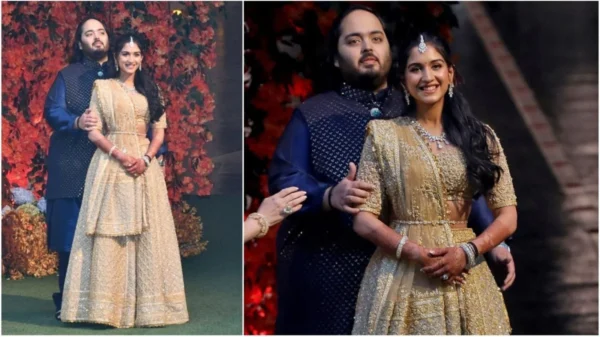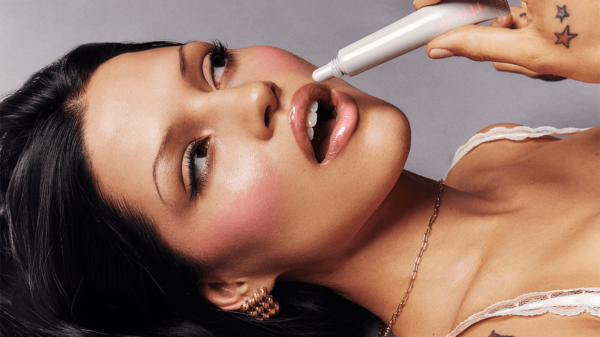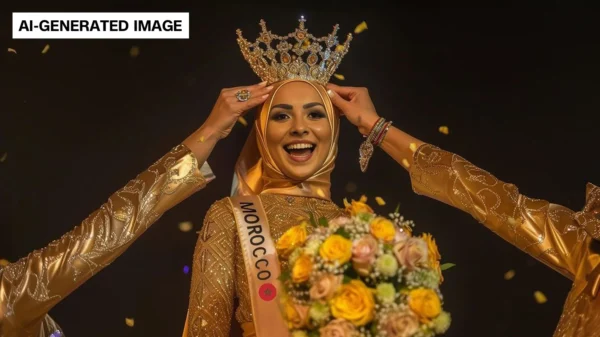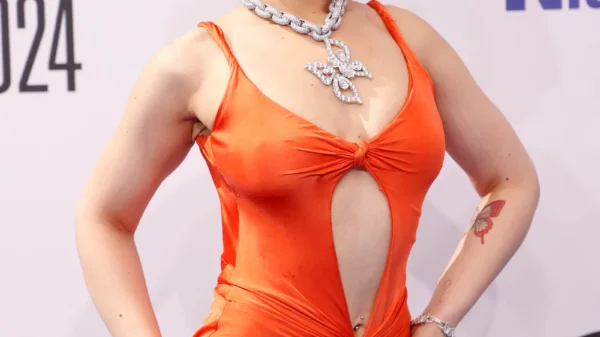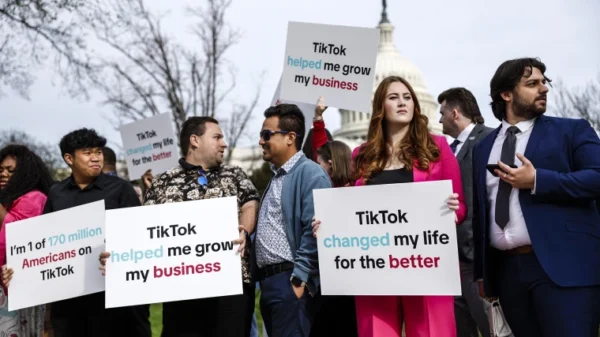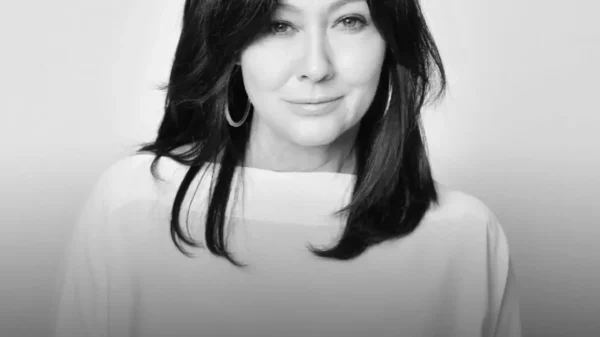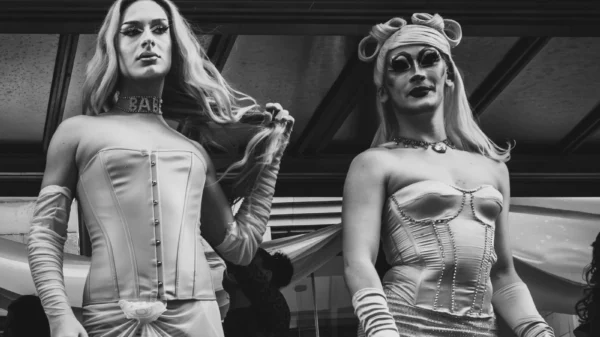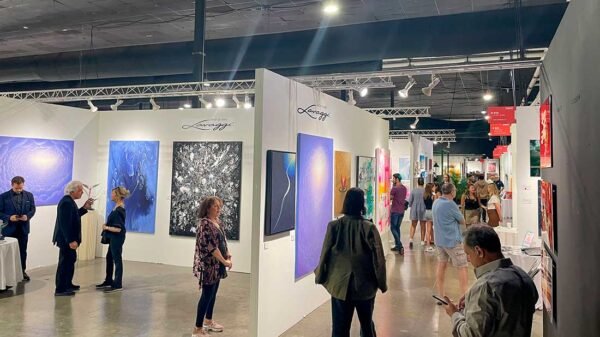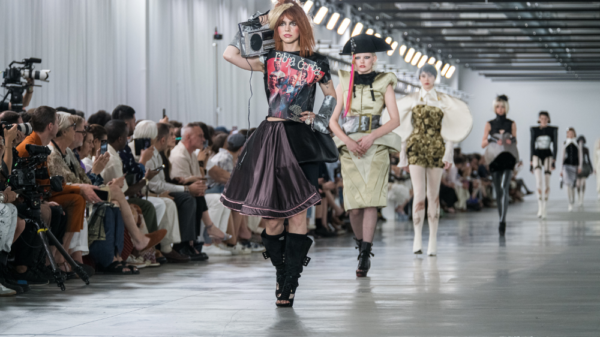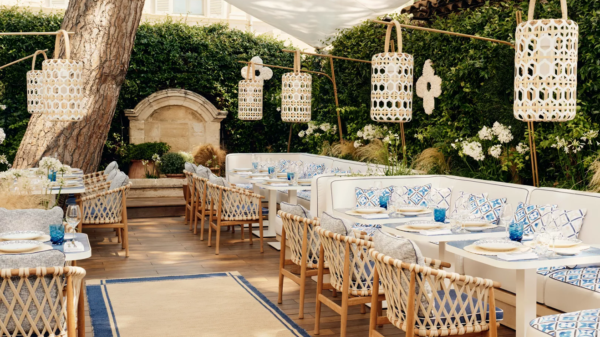Beauty as a Social Construct
For example, in some African cultures, a fuller figure is considered beautiful, symbolizing wealth and fertility. In contrast, Western societies often promote a slim figure as the ideal, associating it with health and attractiveness. These differences highlight the role of cultural norms in shaping beauty standards.
The Influence of Media
In today’s globalized world, media plays a significant role in shaping beauty ideals. Images of models and celebrities are pervasive, influencing how people perceive beauty. The media often portrays a narrow definition of beauty, emphasizing certain physical attributes and promoting unrealistic beauty standards.
For instance, the fashion industry has long been criticized for its preference for tall, thin models, perpetuating an unrealistic beauty ideal. This narrow representation can lead to body dissatisfaction and low self-esteem, especially among young people who are more susceptible to media influence.
Cultural and Historical Perspectives
Beauty standards are not static but evolve over time. They are influenced by cultural shifts and historical events. For example, in ancient China, foot binding was considered a symbol of beauty and status among women. This practice, though painful and debilitating, persisted for centuries until it was eventually abolished.
Similarly, in Japan, the ideal of beauty has changed over time. In the past, a white face was considered beautiful, leading to the use of white powder and makeup. Today, there is a greater emphasis on natural beauty and skincare.
Beauty and Identity
Beauty standards not only reflect societal values but also influence individual identity. People often strive to meet these standards to feel accepted and valued within their communities. However, the pressure to conform to beauty ideals can have negative consequences, such as body dissatisfaction, low self-esteem, and even mental health issues.
It is essential to recognize the diversity of beauty and challenge the notion that there is a singular standard of beauty. Embracing different forms of beauty can foster inclusivity and promote self-acceptance. Cultural exchange and understanding can help break down beauty stereotypes and celebrate the uniqueness of individuals from various backgrounds.
Conclusion
The anthropology of beauty reveals the dynamic nature of beauty standards across societies. Understanding the cultural, social, and historical context of beauty can help us appreciate the diversity of human aesthetics. By challenging narrow beauty ideals and embracing inclusivity, we can create a more accepting and diverse world where everyone feels beautiful in their own unique way.








